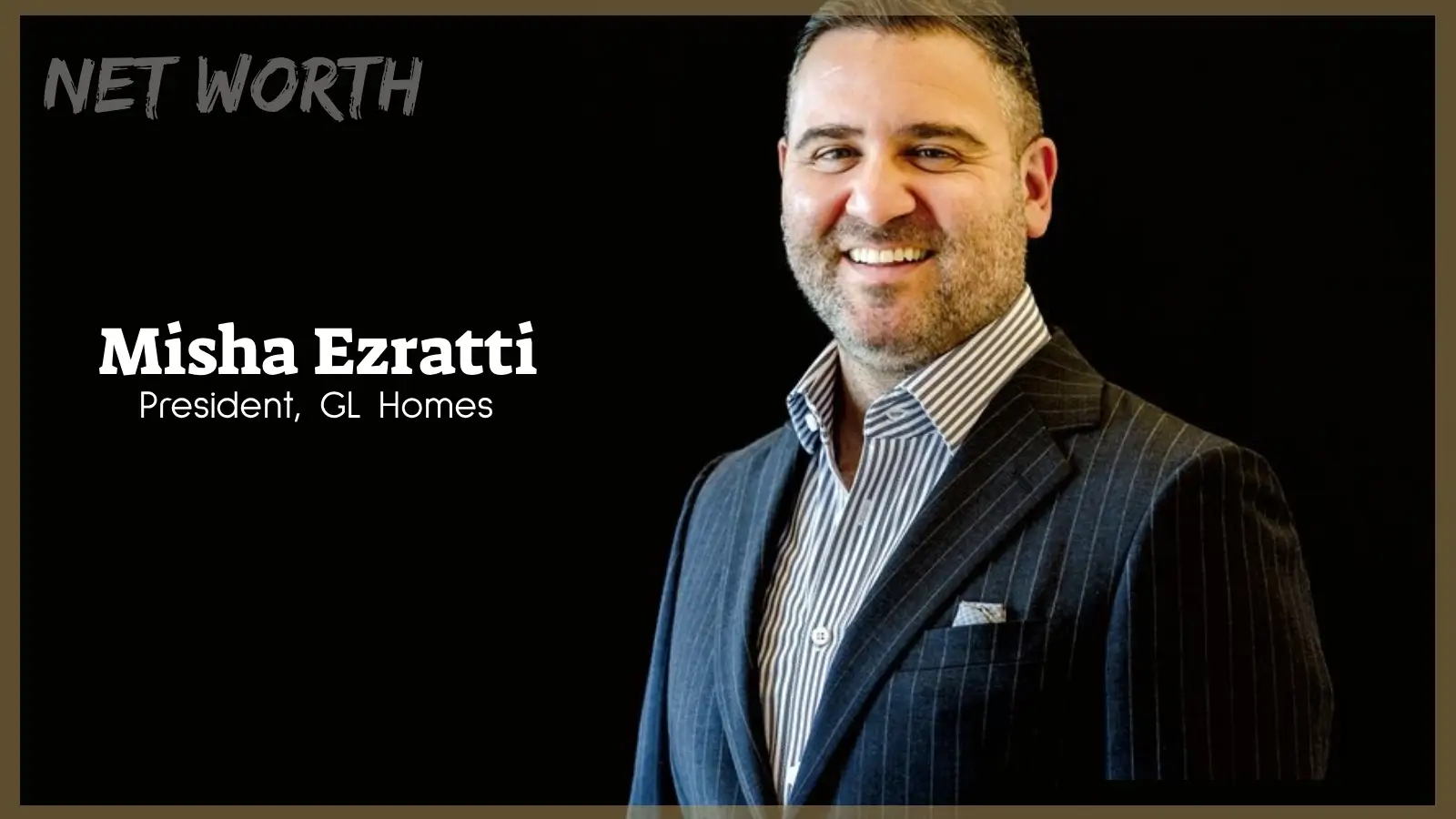


In a world where beauty was so relentlessly warped towards light, rich melanin came out to be evocative and revolutionary. While no Guinness World Record exists today ranking one the "blackest," several persons have gained international fame for their very dark complexion, creating beauty standards in motion to spur self-acceptance.So, let's dive into a more generous definitions of beauty by knowing about the blackest person in the world.
Nyakim Gatwech, a South Sudanese-American model born in Ethiopia, is generally complimented for her dark complexion. Nyakim, at 6 feet 1 inch, was an international personality, not just because of her appearance, but also because she taught people to love their natural look. She rose to fame in 2017 after the Uber driver told her to lighten up. Her quick reply, "I love the skin I'm in," has been repeated countless times and secured her "Queen of the Dark" title.
Besides being a model, Nyakim is also a fervent colorism critic and dark skin pride activist.
Her social media popularity has inspired thousands of people to love and embrace their own skin tone and go against society. The list of “The blackest person in the world” is coming out of false beauty standards to show how it fits in different shades.
Senegalese model Khoudia Diop is referred to as the "Melanin Goddess" because of her intensely dark skin.When she arrived in Paris at the age of 15, Khoudia was scouted out by photographers who encouraged her to pursue modeling. She did not take to it right away, but ultimately accepted the challenge, using the opportunity to empower herself and reframe definitions of beauty.
The metamorphosis of Khoudia from being bullied because of her dark complexion to becoming a celebrated model reflects the power of self-acceptance.She still inspires individuals from all across the world to accept their uniqueness and defy the stereotype of conventional beauty standards. Being one of the blackest person in the World,she cheers to organic skin colour with full confidence.
South Sudanese-British model Alek Wek was the first to make dark-complexioned models attractive in fashion. Alek broke tradition by walking major runways and appearing on major campaigns in the 1990s, outsmarting convention in the fashion world concerning light-colored skin.
Alek's success story opened the door of fashion and she proved that beauty comes in every color. Her work has played a huge role in shaping the industry standards and setting boundaries.
Darkness in the majority of African cultures is not only a physical characteristic but is also symbolic of strength, robustness, and identity. South Sudanese ethnic communities such as the Dinka, Nuer, and Shilluk are greatly treasured for their melanin-darkened skin in society.
The cultures have accepted their darkness as a symbol of beauty and power, closing doors to their world to the rest and pride in their heritage.
Black skin has been a global revolution soaking in the radiance of dark skin. "Dark is Divine" is a movement spearheaded by Pakistani activist Fatima Lodhi that is fighting colorism and soaking in the radiance of dark skin.
And with activism, fashion, and social media, all and everybody across the whole wide world are redefining beauty to resurface in all its melanin glory.And this inclusiveness is doing its part to bring about a more respectful and inclusive appreciation of beauty in any size or shape.
While the "blackest person in the world" is not documented or even off-limits, individuals like Nyakim Gatwech, Khoudia Diop, and Alek Wek exemplify the strength and beauty of deeper melanin. Their lives inspire many individuals to claim their natural shade and rebellion against norms. With time elapsed and increasing acceptance of diversity, the allure of dark skin is still a milestone of self-acceptance, strength and cultural pride.